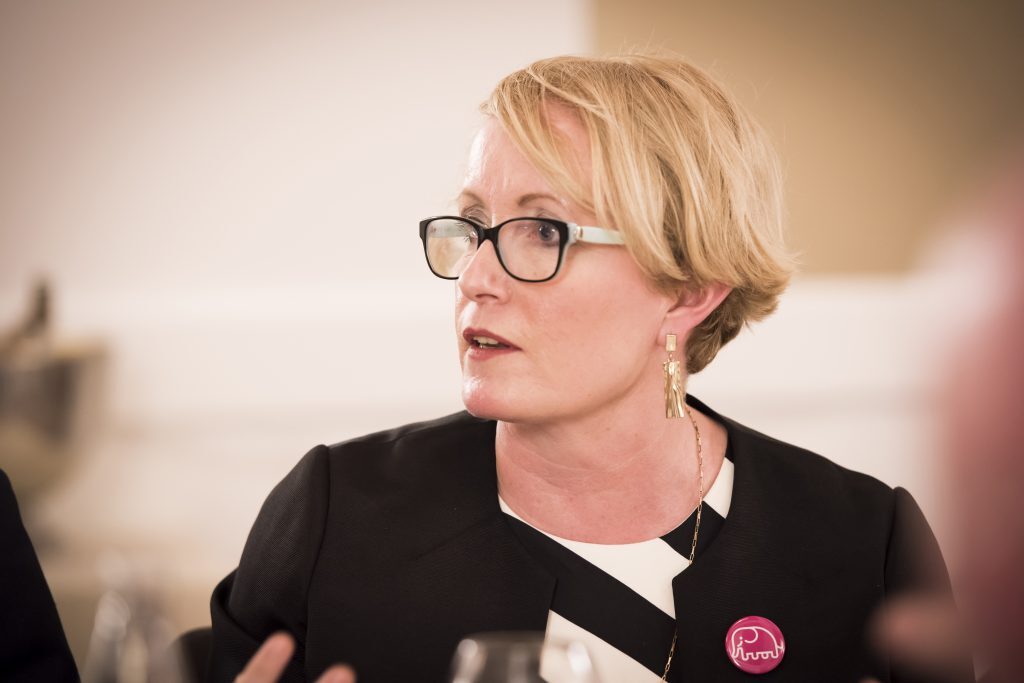The need for more social housing in London has never been more urgent, with the G15 group of housing associations estimating that over £50 billion is required to meet the target of building 120,000 social homes by 2033. This ambitious goal is essential in order to address the chronic shortage of affordable housing in the city, which has left many vulnerable residents struggling to find a place to live. The G15, which represents some of the largest housing associations in the capital, is calling for urgent action to increase the supply of social homes and ensure that those in need have access to safe and secure housing.
The current housing crisis in London is a result of years of underinvestment and a lack of government support for social housing. The G15 has warned that without significant investment, the gap between supply and demand will continue to widen, leaving thousands of families without a place to call home. In order to meet the target of building 120,000 social homes by 2033, the G15 estimates that an investment of £4.9 billion per year will be required, a significant increase from the current levels of funding.
The G15 has called on the government to provide greater support for the construction of social housing, including increased funding and streamlined planning processes. They have also urged local authorities to work more closely with housing associations to identify suitable sites for development and to remove barriers to the construction of new homes. Without these measures, the G15 warns that the housing crisis in London will only worsen, with more and more vulnerable residents being forced into temporary accommodation or homelessness.
One of the key challenges in meeting the target of 120,000 social homes by 2033 is the availability of suitable land for development. The G15 has highlighted the need for greater cooperation between the public and private sectors to identify and release land for social housing, as well as the importance of ensuring that developments are sustainable and well-designed. They have also called for greater flexibility in the planning system to allow for the construction of social housing on a wider range of sites, including brownfield land and underutilized public land.
In addition to increasing the supply of social housing, the G15 is also calling for greater investment in the maintenance and refurbishment of existing social housing stock. Many of the properties owned by housing associations are in need of repair and modernization, and without adequate funding, these homes could fall into disrepair and become uninhabitable. By investing in the upkeep of social housing, the G15 believes that they can ensure that residents have access to safe, secure, and high-quality homes for years to come.
Overall, the message from the G15 is clear: urgent action is needed to address the housing crisis in London and ensure that all residents have access to affordable and secure housing. By working together with the government, local authorities, and the private sector, housing associations can play a key role in meeting the target of building 120,000 social homes by 2033 and providing much-needed support to vulnerable residents. With the right level of investment and support, the G15 is confident that they can make a real difference to the lives of those in need and help to build a more inclusive and sustainable city for all.






